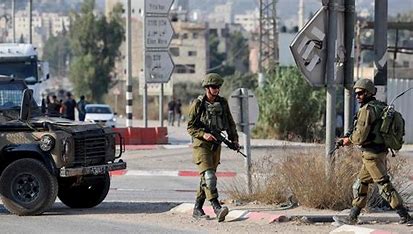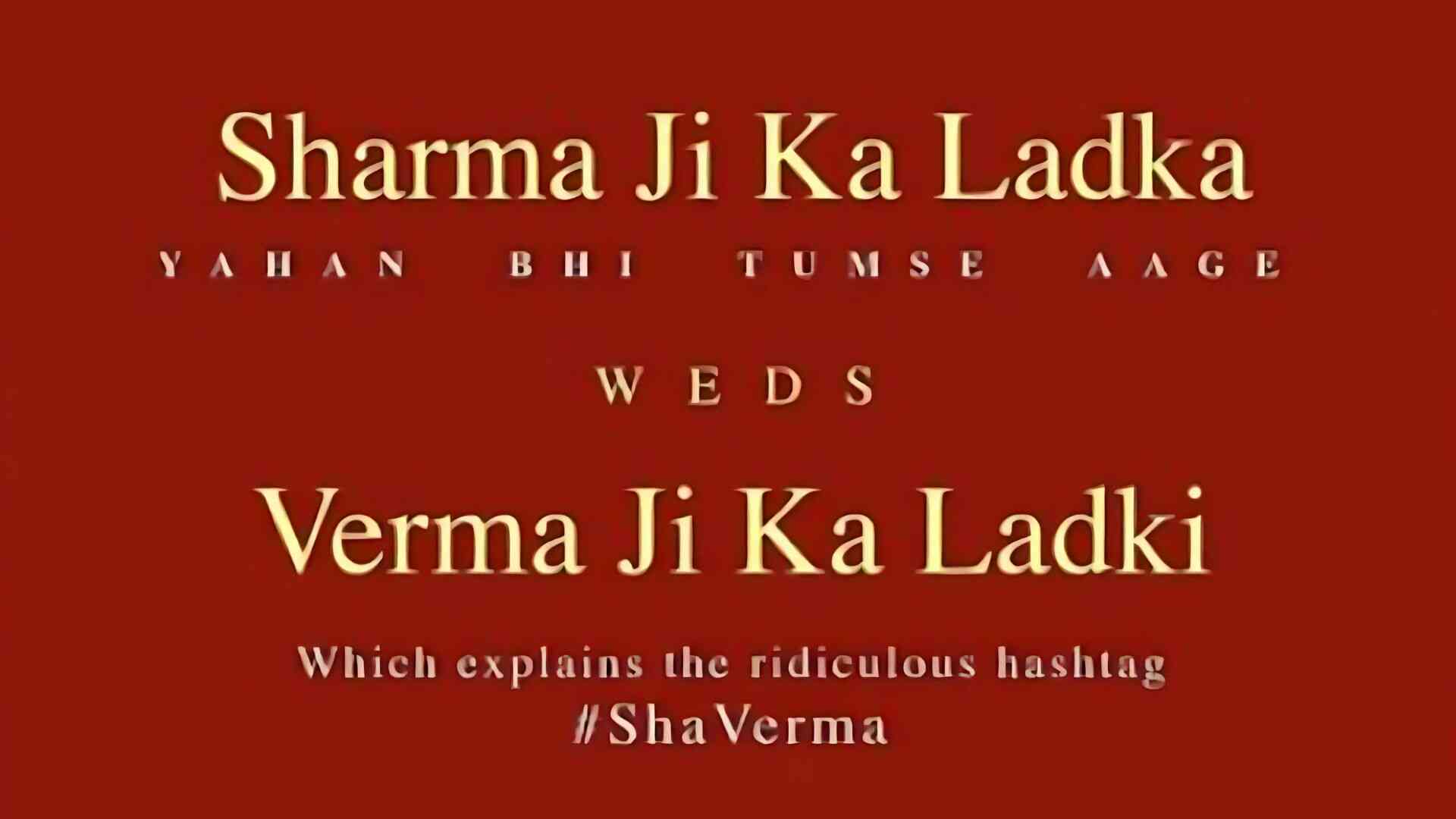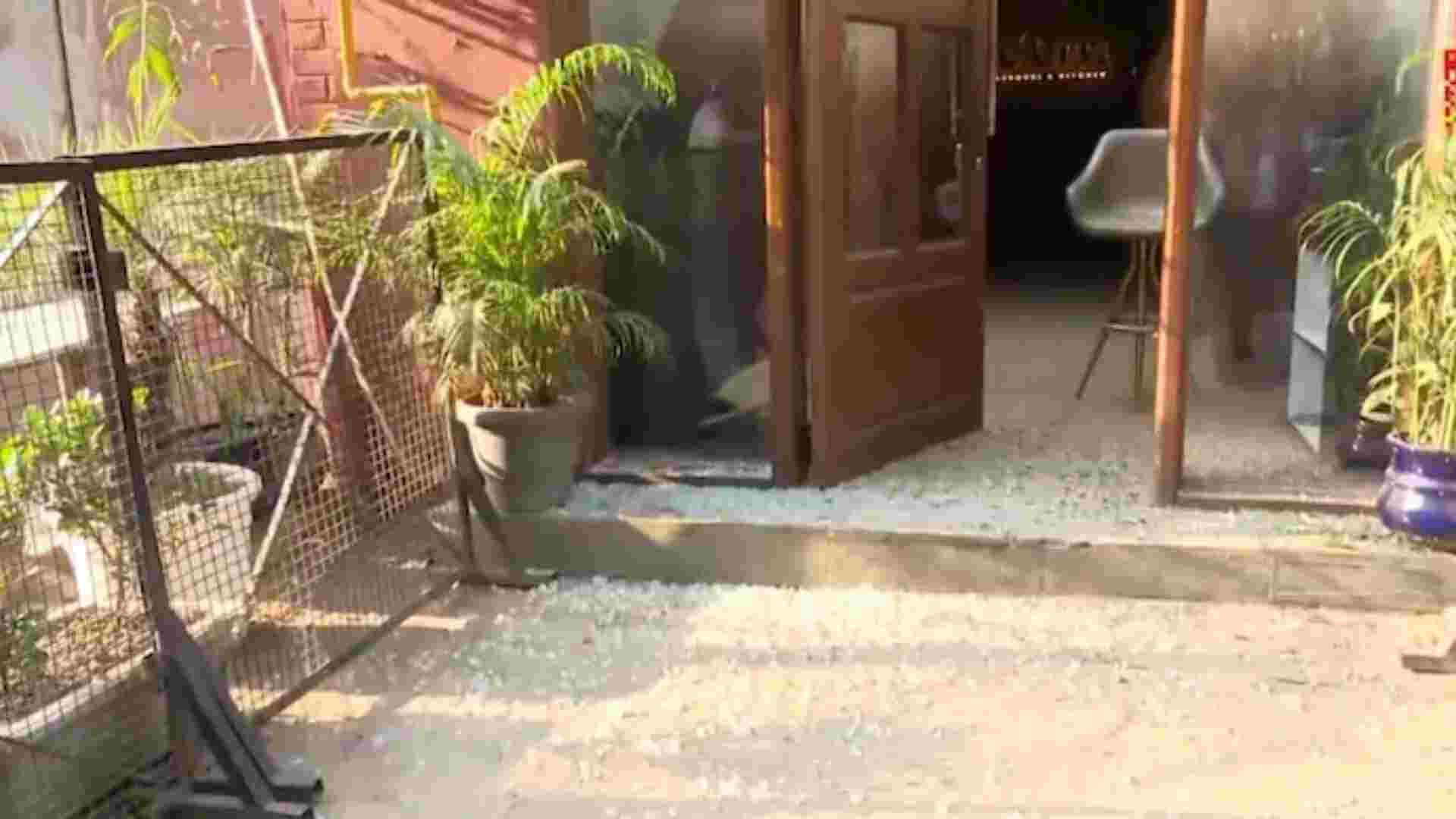
The Supreme Court on Friday appointed former SC judge Justice Madan B. Lokur as a one-man committee for monitoring stubble burning in Haryana, Punjab and Uttar Pradesh. “The people in Delhi-NCR must be able to breathe clean and fresh air,” the CJI said.
The Supreme Court in its order directed the Chief Secretaries of the States of Punjab, Haryana, Uttar Pradesh and NCR of Delhi to assist Justice Madan Lokur and enable the physical surveillance of fields where stubble is likely to be burnt and devise additional means and methods for preventing the burning of stubble.
The states of Punjab, Haryana and Uttar Pradesh will provide adequate facilities to the Committee for carrying out its job including, secretarial assistance, transportation and security, if necessary, the Court said. “We find that it would be fitting, if services of National Cadet Corps, NSS and Bharat Scouts and Guides, wherever available, are deployed for assisting in the monitoring of stubble burning in the agricultural fields in these States,” the court added.
The top court in its order also made it clear that the “appointment of this Committee and the directions in this order are not intended to dilute the powers, functions and the authority of any authorities, such as EPCA, already created”.
The objective of appointing a Committee is to facilitate and coordinate the activities of different authorities so that the problem is resolved, the court said. “The different authorities created by the States/Centre shall also be free to carry on their own activities, without feeling muted by the appointment of the Committee,” added the SC.
The apex court also directed that the Committee shall submit fortnightly reports to the court in the initial stages or as and when found necessary. During the hearing, Senior Advocate Vikas Singh appeared for the petitioner and said that the matters concerning stubble burning are coming up on 23 November. “By that time, Delhi will be overcome with smog,” he said. Vikas Singh requested the court, “Let a one-man commission of Justice Madan B. Lokur be appointed and let him formulate teams to tackle this for continuous monitoring.” Senior Advocate and ASG Aishwarya Bhati appeared for the Central government and said that there is an authority in place already which has a gradation plant (EPCA). The CJI asked, “Are you giving us an assurance that this problem will not be out of hand by the time we take this issue up after reopening the court?” To which Bhati replied, “It is being tackled by the EPCA and the case can be taken up on the first day of reopening.”
Senior Advocate P.S. Narsimha appeared for the Punjab government and said, “The issue is being monitored. Punjab is a wheat growing state. Other larger steps have been taken and an authority constituted, which is working full-time on this issue.”
He added that the matter has been monitored over five to six years. “The Committee of 15 members has already been filing reports on the issue of stubble burning before this Court,” he stated.
“We are only concerned that citizens of Delhi-NCR are able to breathe fresh clean air and, while the court is shut, we don’t want anything to happen during these nine days,” the CJI concluded. The Supreme Court was hearing a petition filed by a third-year law student Aman Banka and a Class XII student Aditya Dubey, seeking a direction upon the state governments of Punjab and Haryana to ensure a complete ban on stubble burning in their respective states. The petition also sought direction to the states to fix a ceiling on the rental of stubble removing machines during the period between September 2020 and January, 2021. The states should pay to all small and marginal farmers the amount spent by them on renting the stubble removal machines, the petitioners demanded.
The Right To Breathe Clean Air is an integral part of the Fundamental Right to Life enshrined in Article 21 of the Constitution of India and the said fundamental right is being violated by the failure of the Union government and the state governments to keep the air pollution levels in Delhi-NCR below hazardous levels every year during the period between September to January, the plea had stated.
As per the Central Pollution Control Board, the stubble burning in Punjab and Haryana contributes almost 40-50% of the air pollution in Delhi, the plea had said. The stubble fires in Punjab and Haryana are a direct result of the inability of the small and marginal farmers of Punjab and Haryana to purchase or rent out stubble removal machines due to financial incapacity, which leaves them with no option but to burn the plant residue in their fields to clear it for the next sowing season, the plea explained. Due to the limited time period between the harvesting and sowing season, the small and marginal farmers do not have the time to manually remove the stubble and are thus forced to burn the same, the plea added.













